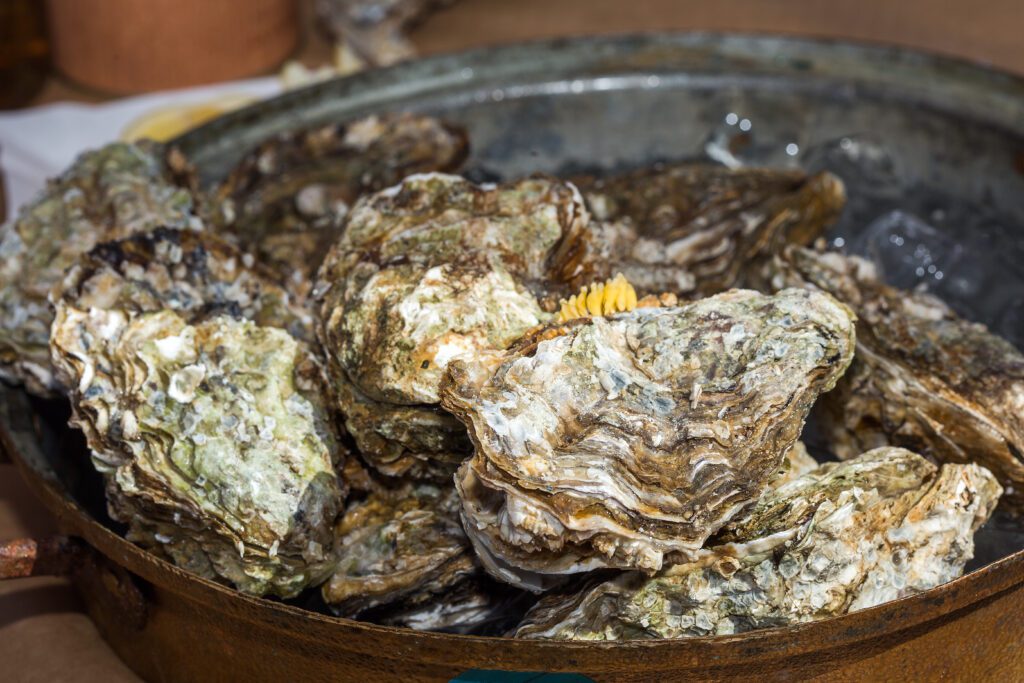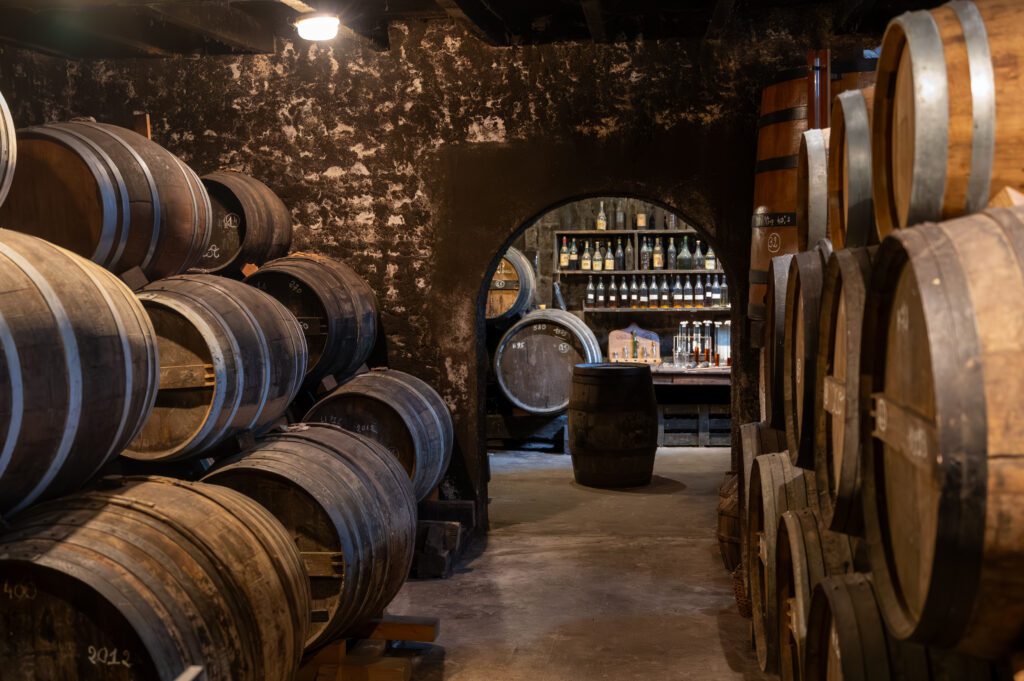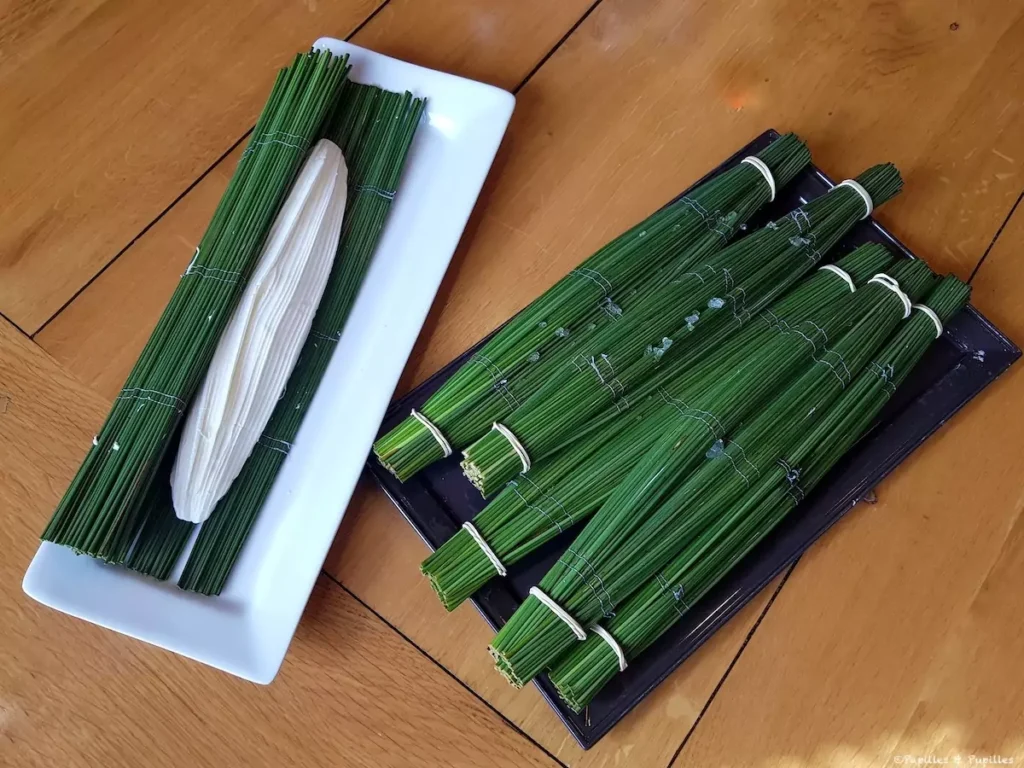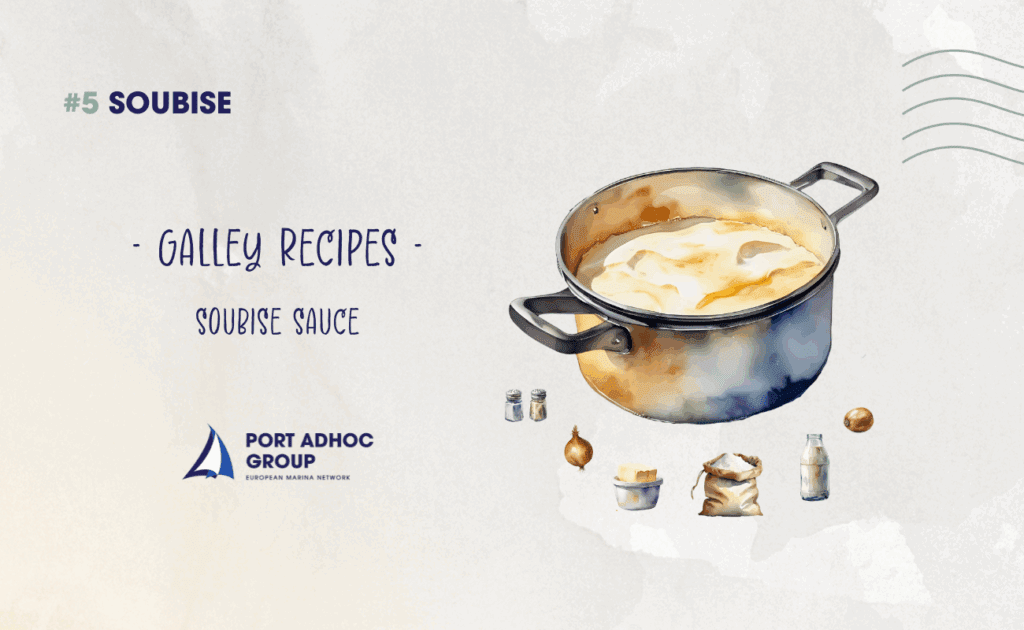Publication date: 07/07/2025
Soubise: a journey of sea, history, and gastronomy
A gem on the Charente
Nestled on the banks of the River Charente, Soubise is a charming town in Charente-Maritime. It opens out towards the magnificent Pertuis d’Antioche, the strait between the Île de Ré and the Île d’Oléron, true treasures of the French coast. This idyllic setting offers boating enthusiasts countless opportunities: sail along the coast between dunes, salt marshes, and cliffs, explore nearby islands like Aix, Madame, and Fort Boyard, or head further offshore towards Vendée and Loire-Atlantique.
➡️ Worth seeing:
- The Chassiron Lighthouse
- Port de la Côtinière, Saint-Pierre d’Oléron
- Fort Boyard
Following the Charente inland reveals a different landscape, perfect for leisurely escapes: barges, rowboats and pleasure craft glide along its peaceful waters for nearly 200 km, linking towns rich in heritage such as Rochefort, Saintes, Cognac and Angoulême.
➡️ Not to miss:
- Bourg-Charente
- Cognac
- Rochefort
- Fort Lapointe, Fouras
- Fontaine royale de Lupin, Saint-Nazaire-sur-Charente
Port Adhoc Soubise: 5 nautical miles from the Atlantic via the Charente
Our dry stack port in Charente-Maritime, Port Adhoc Soubise, offers warm hospitality and full services to visiting yachts. Its professional team welcomes a wide variety of motorboats, monohulls and multihulls, up to 53 feet. It’s an ideal haven for preparing a crossing or carrying out maintenance work on your vessel.

Flavours of Charente-Maritime: ocean, marshland & rural traditions
Charente-Maritime is both coastal and countryside, and its generous cuisine is shaped by Atlantic sea spray, salt marshes and the local vineyards. From Marennes-Oléron oysters to Pineau des Charentes, every stop in this region invites you to savour the land.
Marennes-Oléron oysters – pride of the estuary
Marennes-Oléron is Europe’s leading oyster-producing region, and one of the few to refine its oysters in claires—former salt marshes now repurposed. This unique method gives the oysters a gently briny flavour, firm texture, and unmatched mineral richness.
The best known varieties:
- Fine de Claire: light, crisp, and very briny
- Spéciale de Claire: meatier and milder
- Pousse en Claire: an exceptional, rare delicacy with a bold, lingering taste

➡️ Where to taste Marennes-Oléron oysters?
- La Cabane du Chapus, Bourcefranc-le-Chapus
- Bar à huîtres Le Mollin, Bourcefranc-le-Chapus
Pineau des Charentes – a local sweetness to sip
Born from a happy accident in the 16th century, Pineau des Charentes is a refined apéritif made by blending grape must with cognac eau-de-vie. Whether white or rosé, it offers notes of ripe fruit, honey, and occasionally dried fruit.
Perfect pairings include:
- A platter of local cheeses (young or mature goat’s cheeses)
- A sweet-and-savoury starter (melon, ham, foie gras)
- A dessert featuring caramel or stone fruits

➡️ Where to taste Pineau des Charentes?
- Le Relais des Vignes, Rochefort
- La Galerie de l’Alambic, Fouras
Jonchée, a speciality of Charente-Maritime
A speciality of Charente-Maritime, jonchée is a fresh cheese made from cow’s milk, delicately moulded in rushes (joncs), hence its name. This traditional method of production gives it an elongated shape and characteristic stripes. Light, soft and subtly flavoured by the rushes, jonchée is appreciated for its freshness and mild, vegetal flavour. It is often eaten as a dessert, on its own or with a sprinkling of sugar, jam or a dash of Pineau des Charentes. Rare outside its region of origin, it is a must-try during any visit to Charente!

Soubise Sauce – a culinary heritage
Behind this elegant sauce lies a noble history. It is said to be named after Marshal Charles de Rohan-Soubise, a minister under Louis XV and a known gourmand. Rooted in French culinary tradition, this onion and béchamel-based sauce beautifully enhances poultry, white meats, and vegetables such as asparagus or steamed potatoes. It embodies the elegance of French cuisine to perfection.
Recipe: Soubise Sauce
Ingredients (serves 4)
- 100g Charentes-Poitou AOP butter
- 50g flour
- 500 ml whole milk
- 400g sweet onions
- 1 pinch of salt
- A pinch of nutmeg
- (Optional) 1 tbsp crème fraîche for added creaminess
Necessary equipment
- 1 paring knife
- 1 chopping board
- 1 frying pan
- 1 saucepan
- 1 whisk
- 1 hand blender (optional, for a smoother texture)
Preparation
- Prepare the onions: Finely slice the sweet onions.
- Sauté: Melt 50g of butter in a pan, then gently cook the onions over a low heat for about 15 minutes until translucent but not browned.
- Make the béchamel: In a saucepan, melt the remaining butter, stir in the flour and cook for 2 minutes to form a pale roux. Gradually add cold milk, stirring constantly until thickened.
- Assemble the sauce: Stir the cooked onions into the béchamel. Season with salt and a pinch of nutmeg. For an even smoother texture, blend the sauce using a hand blender.
- Finish and serve: For a richer version, stir in a spoonful of crème fraîche before serving.
Recipe: Light Fruit Salad
After the richness of Soubise sauce, a light dessert is perfect to balance the meal. A fresh fruit salad brings brightness and freshness.
Ingredients (serves 4)
- 2 pears (Williams or Comice)
- 2 apples (Gala or Pink Lady)
- 1 orange
- 1 pink grapefruit
- 1 lime
- A few fresh mint leaves
- 2–3 tbsp runny honey
- (Optional) Pomegranate seeds or toasted flaked almonds
Necessary equipment
- 1 chopping board
- 1 knife
- 1 mixing bowl
- 1 spoon
- 1 zester (for the lime zest)
Preparation
- Peel the apples and pears, core them, and cut into small pieces. Peel the orange and grapefruit, removing all the white pith. Segment them. Finely zest the lime, then squeeze its juice.
- Combine all the chopped fruit in a salad bowl.
- Add finely chopped mint leaves.
- Drizzle with lime juice and honey.
- Gently mix.
- Serve in small bowls or ramekins.
- Add a crunchy topping of pomegranate seeds or toasted almonds.
Between refined cooking and simple pleasures, this stopover in Soubise reminds us that, whether at sea or ashore, every meal is a chance to savour history and local flavour.
If you try these recipes, whether ashore or aboard, share your photos with the hashtag #GalleyRecipes!

